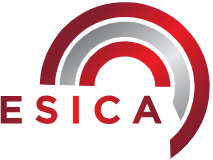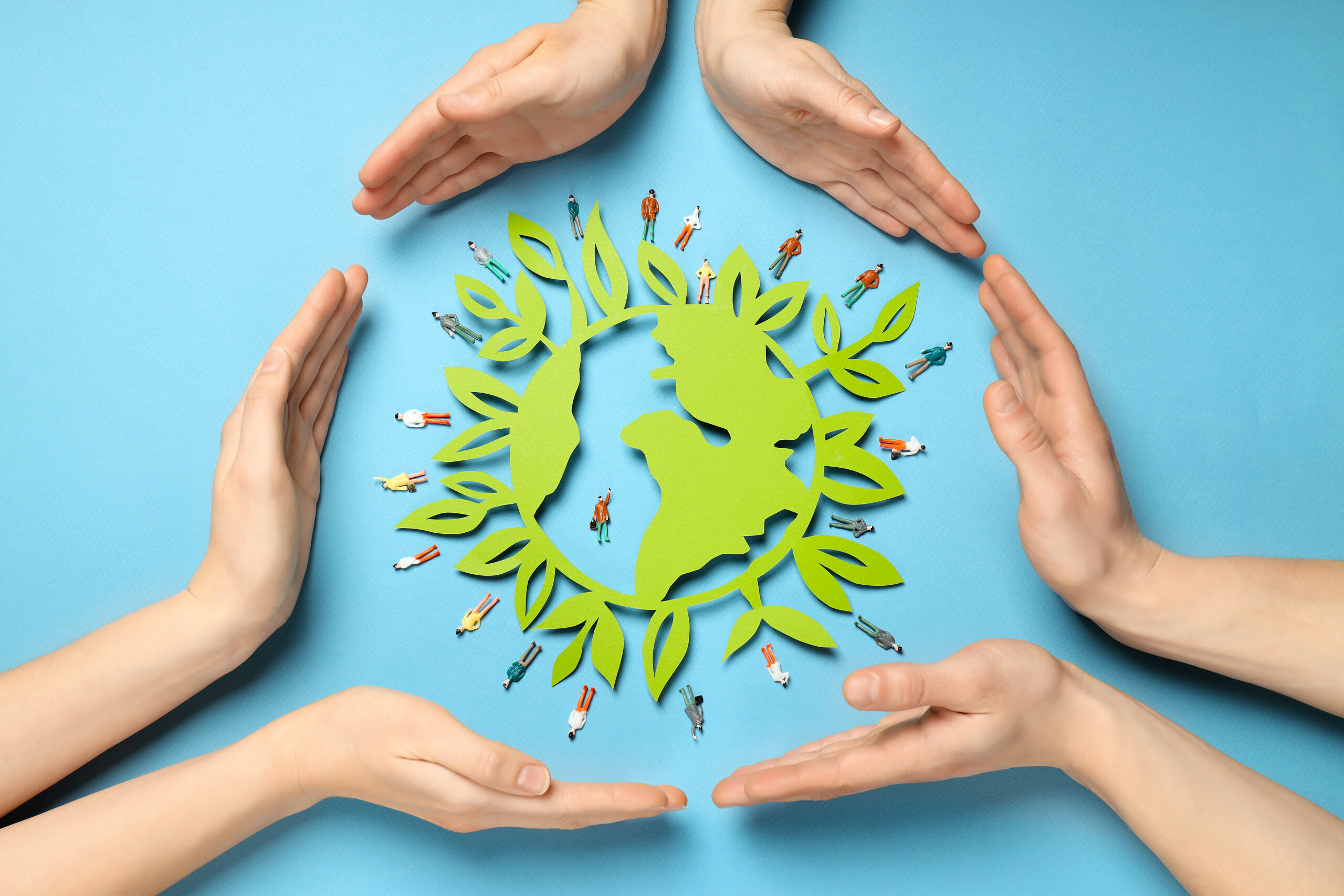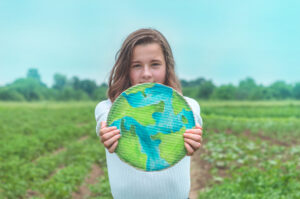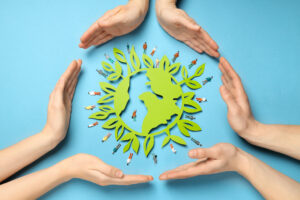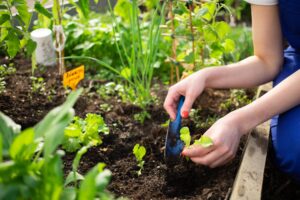The Wi-Mi project is a dynamic initiative funded by the European Union, designed to educate and empower individuals and communities to adopt more sustainable practices and contribute effectively to combating climate change. Through its innovative approach, the project combines environmental education with practical tips that everyone can implement in their daily lives, making sustainability an achievable goal for all.
Central to the Wi-Mi project is its focus on practicality and real-world application. The project is structured around easy-to-follow tips that address key areas such as reducing food waste, conserving water, recycling, and using renewable energy. Each tip is divided into three distinct zones: an introduction that explains the importance of the tip, a detailed list of benefits, and real-life examples that illustrate successful implementation. This structure not only educates but also inspires action by showing the positive impacts these practices can have on the environment and society.
For instance, the project highlights the significant issue of food waste, which contributes to climate change and resource depletion. Wi-Mi provides practical advice on how to minimize food waste at home, such as planning meals carefully and storing food properly. It also introduces innovative solutions like the “Too Good To Go” app, which helps individuals save unsold food from local businesses at reduced prices, thereby preventing waste and saving money.
Another key area of focus is the promotion of recycling practices. The project shares success stories like the Ghirardelli Chocolate Company’s switch from disposable cardboard boxes to reusable totes, which not only reduces waste but also cuts costs and prevents product damage. Such examples serve as powerful demonstrations of how sustainable practices can benefit both the environment and the bottom line.
Water conservation is also a critical aspect of the Wi-Mi project. Practical tips for reducing water usage, coupled with success stories from places like Lanaken Mill in Belgium, show how effective management and innovative practices can lead to substantial environmental and economic benefits. These stories help to demystify the process of implementing sustainable practices and make them more accessible to individuals and businesses alike.
By bringing these tips and examples together, the Wi-Mi project acts as a comprehensive guide for individuals looking to make a difference in their communities. It empowers readers by providing them with the knowledge and tools needed to implement sustainable practices that can lead to significant environmental improvements. The Wi-Mi project’s approach to environmental education and its emphasis on practical implementation make it a vital resource for anyone committed to making a positive impact on the planet. Through this initiative, the European Union continues to support sustainable development and climate action, encouraging individuals and communities worldwide to contribute to a healthier, more sustainable future
